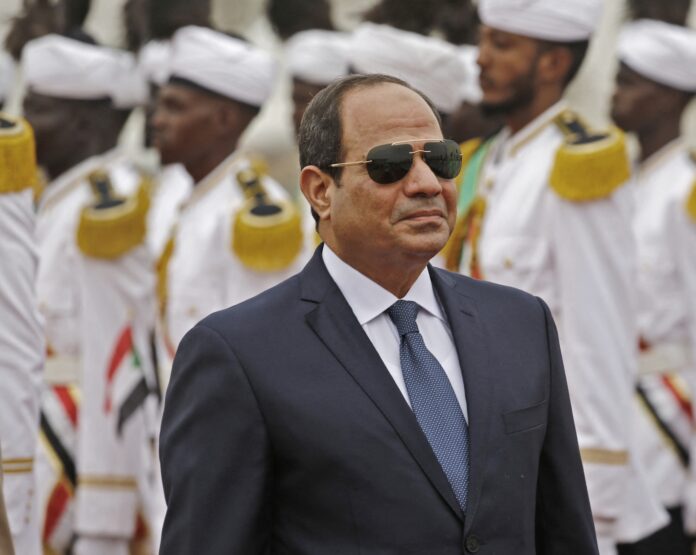Author: Khalil al-Anani
Affiliation: Arab Centre for Research and Policy Studies, Doha Institute for Graduate Studies
Organization/Publisher: Middle East Eye
Date/Place: December 21, 2021/London, the UK
Type of Literature: Analysis
Word Count: 703
Link: https://bit.ly/3rMmj0d
Keywords: Sisi, Burhan, Sudan, Egypt, Coup, Middle East, Tunisia, Libya, Haftar,and Kais Said
Brief:
The article shows how and why Sisi’s rise is a roadmap of sorts for other Arab coup plotters. It starts by highlighting the resemblance between Sisi’s coup in Egypt and Army General Burhan’s in Sudan. The article tries to implicate Egypt’s involvement in the Sudan coup by referencing the Sudanese Foreign Minister’s comments about her Egyptian counterpart not answering her phone calls. Further, the article cites a report by Wall Street Journal about backdoor dealings between Cairo and General Burhan a few days before the coup. The article draws attention to the similarities in the speech given by Burhan after the coup and that of Sisi in 2013. The roadmap established by Sisi goes like this: exclude civil opposition under the pretext of preserving the state, disrupt transitional process, appoint a nominal government, and finally control the political process. The article does not rule out that a presidential process will be announced soon in Sudan and that Burhan or his deputy General Hemeti will run. The article then shifts to Tunisia’s Kais Saied, who used the same language; and then alludes to the probability of a coup in Libya. The article justifies Sisi and the counter-revolutionary axis’s efforts to undermine Arab democracy due to Egypt’s concerns of having civilian states as its neighboring countries, as well as Egypt’s attempts to protect its influence and image in the region.
Critical Commentary:
While there’s an interesting discussion to be had about Egypt’s involvement in the coups that have taken place in Sudan and Tunisia, and what Cairo stands to gain or lose from any potential changes to the political situation in its neighboring countries, the author fails to justify his premise – that Sisi has become a role model for Arab coup plotters. The writer fails to provide any context, insightful analysis, or convincing argument. Outside of the Wall Street Journal source, the article fails to elaborate on its claims. For example, what are the similarities between the Egyptian and Sudanese scenarios? And what about the differences in the geopolitical and internal environment of Egypt and the Sudan? Why can’t Egypt reconcile with a civilian neighboring country “whatever the price” as the article puts it? The article elaborates even less in the case of Tunisia and Libya.
By: Hamza Emir, CIGA Research Assistant




